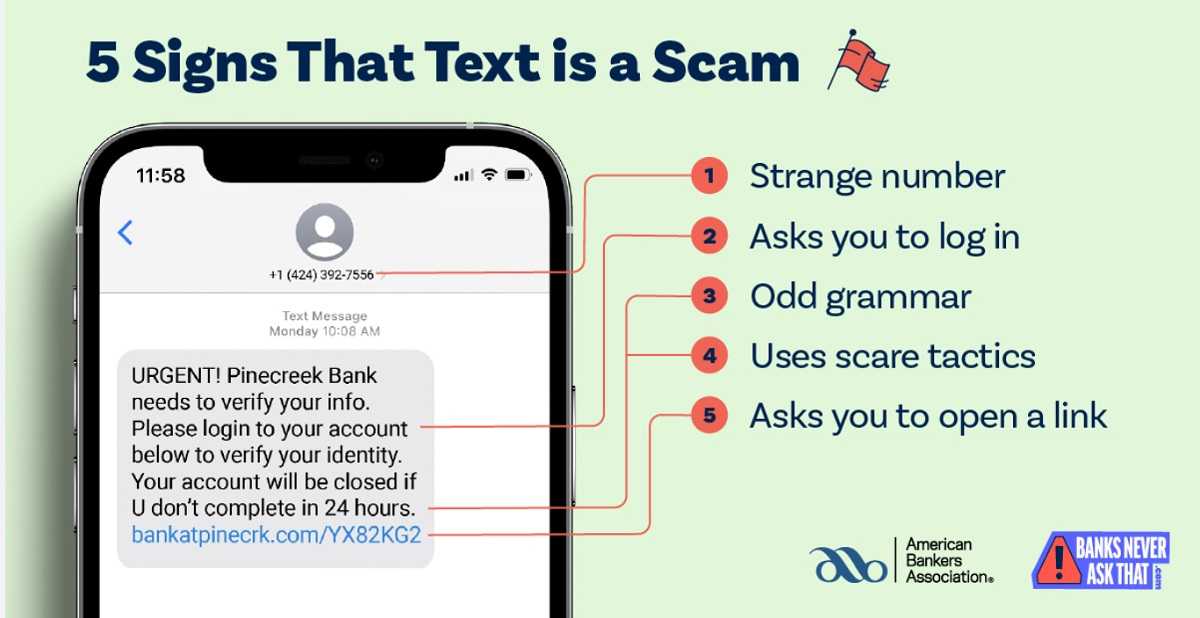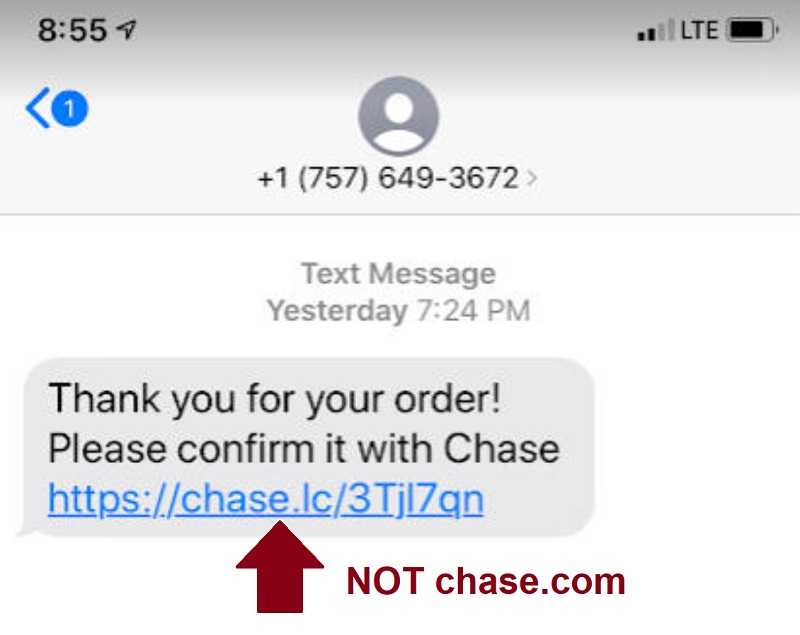There’s an army of grinches out in full force this holiday season, so you’d better watch out. It’s well known the holiday season brings scammers out of the woodwork. And now with artificial intelligence (AI) seeping into the fabric of scams, it may be more difficult than ever to separate the legit from the not. Before you dive head-first into the holiday season, take a look at some of the scams hoping to catch us off guard.
Fake Fraud Alerts
Scammers call or text pretending to be from your bank or credit card company, telling you there’s been fraudulent activity on your account. While panic sets in, the scammer gives you “instructions” to correct the fraud. It may involve sharing your password, Social Security number, or other PII so they can get into your account and lock you out.
TIPS: Never give personal information in a call, email, or text, and assume anyone asking for it is a not on the up and up. Instead, hang up and look up the bank’s real phone number and call them directly to find out if something is truly amiss with your account. You can also directly log in to your online account.

Spoofed Domains
Be wary of email links or texts claiming to be from an online retailer, especially those offering incentives like huge sales and discounts. Following the link can take you to a spoofed website – one  looking like the site you expect to see – only it’s not. On the spoofed site, you provide your login name and password like you’d expect. Your login credentials are stolen to abuse your account and lock you out.
looking like the site you expect to see – only it’s not. On the spoofed site, you provide your login name and password like you’d expect. Your login credentials are stolen to abuse your account and lock you out.
TIPS: Always carefully inspect the URL for a different website spelling that’s close but not exact. For example, “Amazom” instead of “Amazon” means you’re on a spoofed site. Also consider shopping directly on a merchant’s app to avoid spoofed websites entirely.
In-Store Skims and Scams
Many of us like to old-school our holiday gifting by shopping in-person, so remember anyone or anything can be on the hunt for your PIN and payment card. Credit card skimmers get placed into payment terminals to steal card numbers and PINs. Others around you can peek at your PIN while you enter it and then physically steal the card from you to use themselves.
TIPS: Make sure the payment terminal where you insert your credit card isn’t loose since it could be a skimmer. Use a credit card you can tap or a digital wallet or consider paying in cash, if they’ll take it.
Keep In Mind…
 Porch Pirates…They’re on the loose looking for package deliveries, so consider home cameras to help law enforcement, or delivery alternatives like Amazon lockers. Or pick up the package from the seller when possible.
Porch Pirates…They’re on the loose looking for package deliveries, so consider home cameras to help law enforcement, or delivery alternatives like Amazon lockers. Or pick up the package from the seller when possible.
Sob-sters…Appeals for donations including with GoFundMe can be bogus, so if you’re giving this holiday season, stick with well-known or local charities.
Relatives needing fast financial help…Calls from a family member asking for a money wire to get out of jail, for instance. Call a family member to confirm it’s legit. Emails with similar scenarios, especially asking for money via gift cards, is the sign of a true scam.